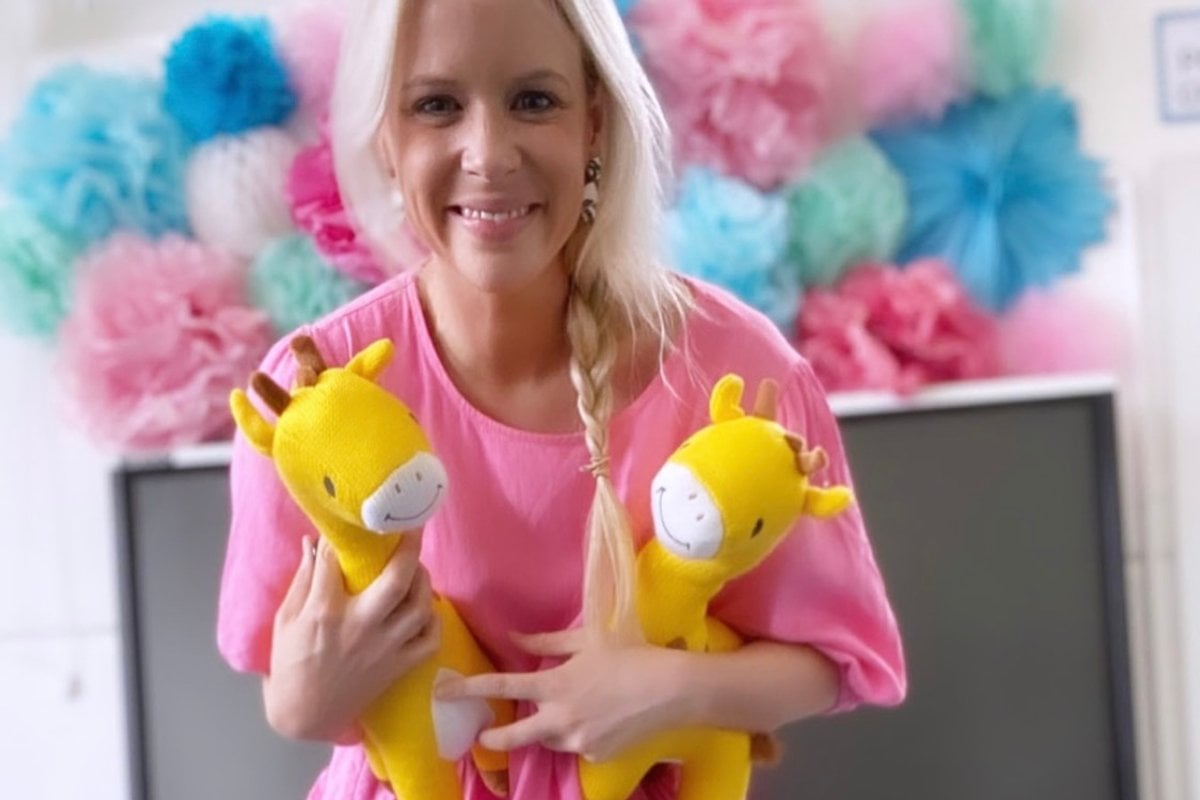
Ultimately, teachers and parents are on the same team. We want the very best for their children. And I do believe that this is true for the vast majority of parents.
But sadly, some parents seem to want to find the negative, the problem, the issue.
Make no mistake – these loud, squeaky wheels are almost always the minority. But goodness me, they can be loud. And they can be powerful.
Because words are powerful. Words can insinuate, suggest and plant seeds of doubt in the minds of even the most well-meaning of people.
Sometimes, all it takes is one parent insinuating that perhaps that new grad teacher doesn’t know what they’re doing, that perhaps that child is worth avoiding, that 'perhaps Mr Adams could be better with his communication', and before long, those words have burrowed their way – consciously or unconsciously – into the minds of other parents too.
Never mind the fact that those insinuations are likely uninformed, taken out of context, or incredibly subjective.
They’re now out there in a not-so-private space, and can often gather unnecessary steam.
It’s got me wondering — are class parent WhatsApp groups more trouble than they’re worth?
Watch: Thank you teachers everywhere! Post continues below.


Top Comments